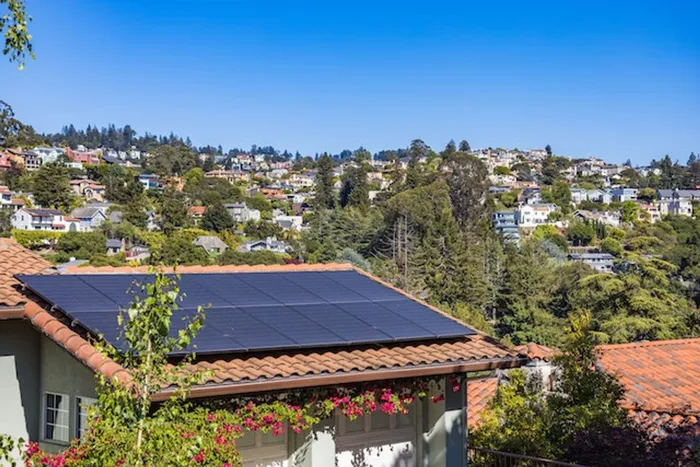Not even South Africa’s property market is safe from load shedding

It is critical that individuals in the market realise how their efforts to reduce the severity of power outages might help or hinder them when the time comes to sell. Picture: Pexels
Load shedding continues to drastically influence homeowner attitudes, as well as buyer and seller expectations.
Enjoying one's house as much as possible during blackouts and preserving its future worth have become inextricably linked.
This is according to Renier Kriek, the managing director at Sentinel Homes.
Kriek went on to say that it is critical that individuals in the market realise how their efforts to reduce the severity of power outages might help or hinder them when the time comes to sell their home.
The non-financial effects of load shedding, such as children being unable to study successfully or the boredom of not having entertainment at night, can be difficult to evaluate.
The financial impact, on the other hand, is more visible. People must make alternative plans for supper, since they must leave for work earlier to compensate for traffic lights being out and come home later for the same reason, sometimes to a dark house.
Kriek cited a recent Network24 poll where half of all households were said to eat out more due to load shedding, resulting in increased food expenses.
Furthermore, they are losing money when refrigerated or frozen food spoils more frequently.
Because their electronic intruder alarm system is down, homeowners may feel obligated to upgrade their physical protection.
“When it comes time to sell, these very concerns are now top-of-mind for potential buyers too,” said the expert.
Supposedly, one key factor to consider is that those who can afford it would prioritise residences in gated communities to protect their security during load shedding.
As a result, selling a free-standing home in their price range may be more difficult. This exacerbates the tendency, particularly in Gauteng, of moving away from free-standing dwellings and towards gated communities.
Following that, houses with pre-installed alternative energy solutions are more popular among purchasers.
This does not preclude such properties from being sold; rather, their value may be altered as a result.
Alternatives, such as gas appliances, may be able to compensate for this constraint.
Area is also an important factor to consider. For example, the continuous trend of semigration to Cape Town is being encouraged by the promise of better service delivery, such as more dependable electrical infrastructure and supply in the city and its neighbouring regions.
The City of Cape Town's programmes protect city residents from various levels of load shedding, said Kriek.
Homeowners should only use licensed energy solution professionals to maintain the market worth of their property and make it more appealing to purchasers.
“Recently, cases have emerged where an incorrectly installed or maintained system results in a fire that devours or damages the property,“ said Kriek.
Customers should always check the installer's qualifications with their industry association, he recommends.
IOL